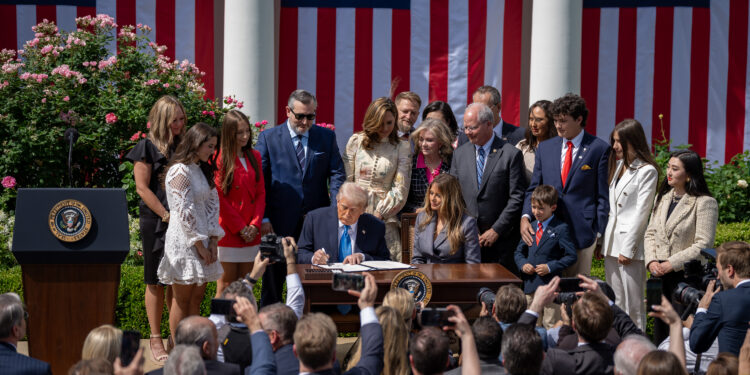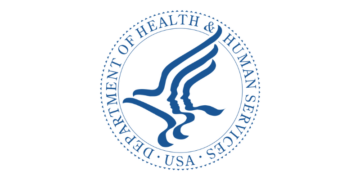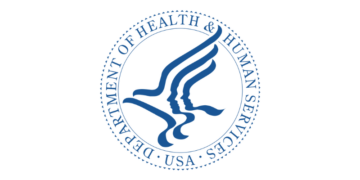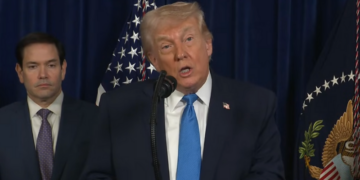On Monday, May 19th, President Donald Trump signed into law the bipartisan Take It Down Act, legislation aimed at making it a federal offense to distribute nonconsensual intimate images. The law addresses both real photographs and AI-generated deep fake content, requiring technology platforms to remove such material within 48 hours after receiving a valid removal request.
First Lady Melania Trump, who supported the bill as part of her revived Be Best initiative, attended the signing ceremony at the White House Rose Garden. She described the law as a “national victory” and highlighted the risks posed by new technologies, stating that artificial intelligence and social media “can be weaponized.”
The bill passed overwhelmingly in Congress, with a vote of 409–2 in the House of Representatives and unanimous approval in the Senate. It establishes that sharing sexually explicit images without consent constitutes a federal crime and sets a takedown deadline of 48 hours for digital platforms.
Melania Trump engaged actively in promoting the legislation, meeting with lawmakers and victims of digital abuse, including Elliston Berry, a teenager who became a notable case of deep fake misuse. Senators Ted Cruz and Amy Klobuchar, co-sponsors of the bill, emphasized the need for legal protections against those exploiting emerging technologies for harmful purposes.
Some digital rights organizations have raised concerns about potential impacts on free speech, urging careful enforcement to differentiate between malicious content and protected expression such as satire or political commentary. Leading technology companies, including Meta and Google, have expressed support for the law and committed to updating their policies accordingly.
The Federal Trade Commission will oversee compliance and enforcement of the new law. Analysts suggest the Take It Down Act could serve as a framework for other countries developing policies to combat AI-driven harassment and digital privacy violations. The Congressional Research Service identifies the legislation as a significant federal response to the challenges posed by advancing artificial intelligence in the digital landscape.










